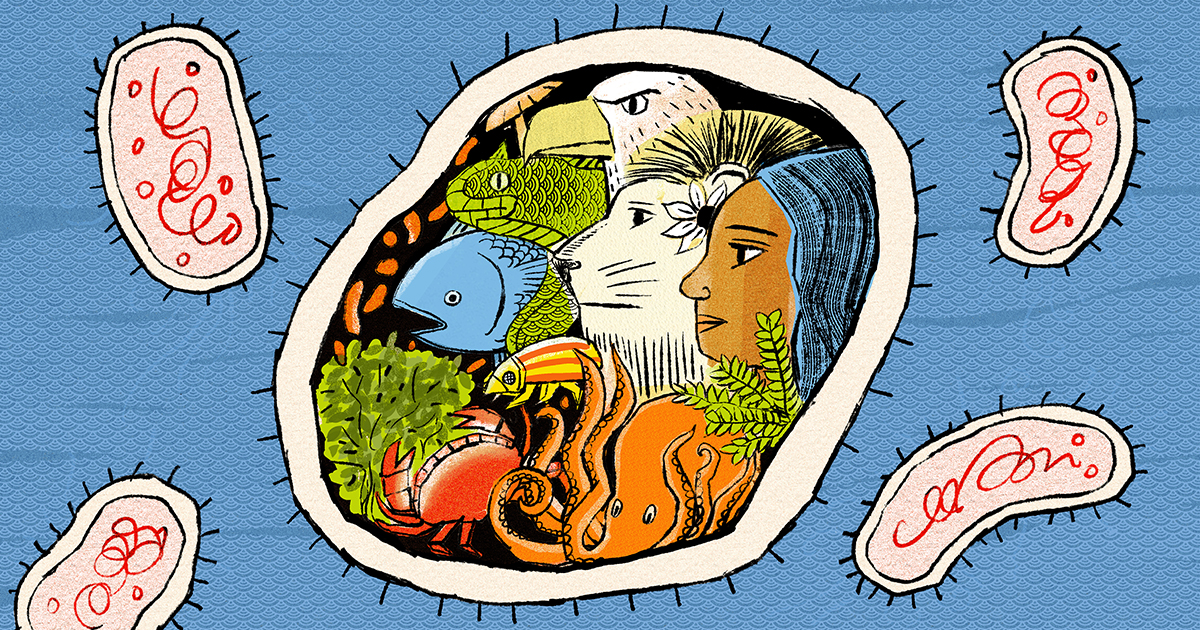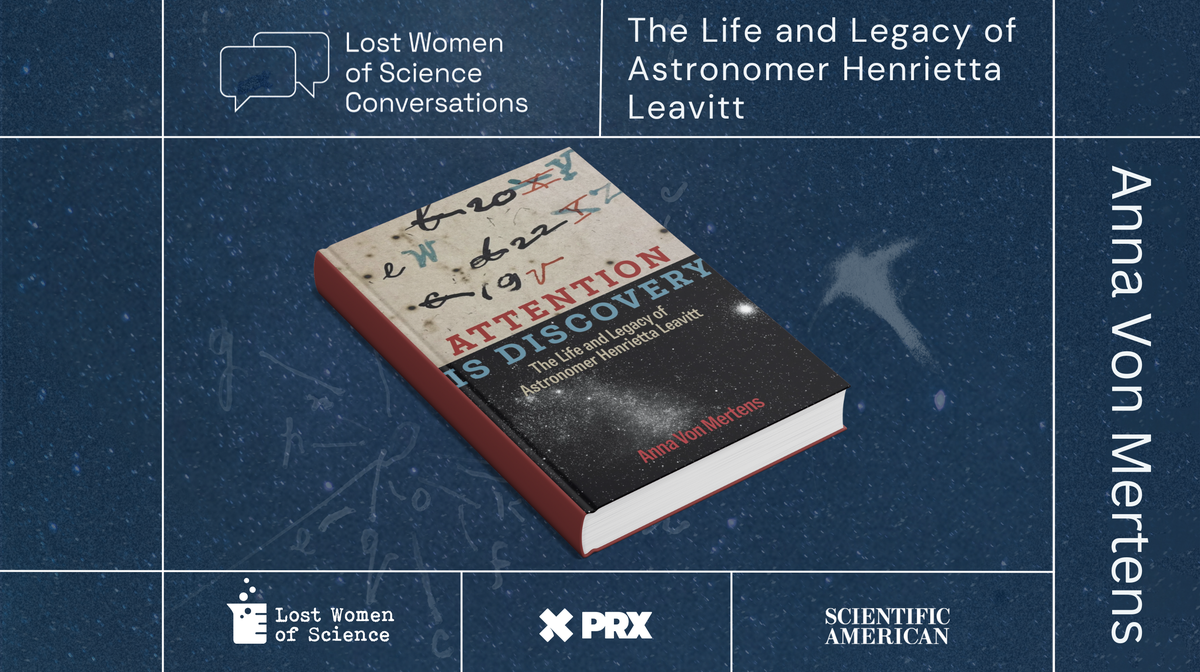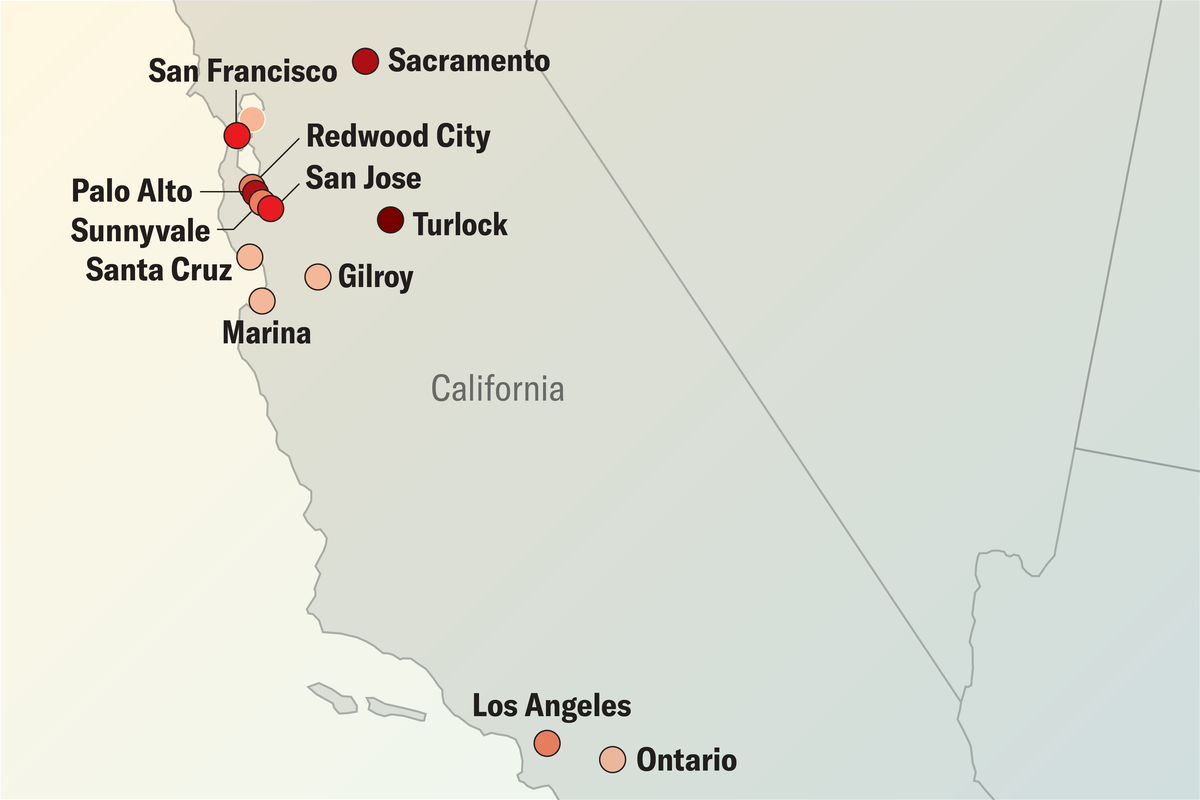November 14, 2024 3 min read Generative AI Is Poised to Worsen the E-Waste Crisis Generative AI could saddle the planet with heaps more hazardous waste By Saima S. Iqbal A server room in a data center. Every time generative artificial intelligence drafts an e-mail or conjures up an image, the planet pays for it.… Continue reading Generative AI Could Generate Millions More Tons of E-Waste by 2030
Tag: Quantum Stuff
All Life on Earth Today Descended From a Single Cell. Meet LUCA.
Alternatively, LUCA may have dined on the chemical waste of other creatures, suggesting that it was already part of a complex ecosystem with other microbes. The analysis can’t provide direct evidence of this possible ancient ecology, since traces of such lineages are long gone. But it’s unlikely that LUCA would have evolved complexity in isolation,… Continue reading All Life on Earth Today Descended From a Single Cell. Meet LUCA.
This ‘Human Computer’ Created a System for Measuring Vast Distances in Our Universe
Attention Is Discovery, visual artist Anna Von Mertens’s thoughtful new exploration of astronomer Henrietta Swan Leavitt, describes and illuminates Leavitt’s decades-long study of stars, including the groundbreaking system she developed for measuring vast distances within our universe simply by looking at photographic plates. Leavitt studied hundreds of thousands of stars captured on the glass plates… Continue reading This ‘Human Computer’ Created a System for Measuring Vast Distances in Our Universe
There’s Bird Flu in California Wastewater. What’s Next?
Since the first avian influenza outbreaks hit the U.S. early this year, health and agriculture experts have struggled to track the virus’s spotty path as it spreads in dairy cow herds and an unknown number of humans. Infection risk still seems low for most people, but dairy workers and others directly exposed to cows have… Continue reading There’s Bird Flu in California Wastewater. What’s Next?
What Can Birdsong Teach Us About Human Language?
It’s fair to say that enjoyment of a podcast would be severely limited without the human capacity to create and understand speech. That capacity has often been cited as a defining characteristic of our species, and one that sets us apart in the long history of life on Earth. Yet we know that other species… Continue reading What Can Birdsong Teach Us About Human Language?
What Might Happen to Public Health under RFK, Jr.
Many scientists at the federal health agencies await the second Donald Trump administration with dread as well as uncertainty over how the president-elect will reconcile starkly different philosophies among the leaders of his team. Trump has promised he would allow Robert F. Kennedy Jr. to “go wild” on medicines, food, and health. With that, a… Continue reading What Might Happen to Public Health under RFK, Jr.
How Astronomers Tried to Communicate with the Cosmos
[CLIP: Sound of Arecibo message being sent] Rachel Feltman: For Scientific American’s Science Quickly, I’m Rachel Feltman. On November 16, 1974, humanity sent an unprecedented message into the stars. [CLIP: Frank Drake gives a speech on the day of the Arecibo transmission: “If we go as far away as Mars or the other planets and… Continue reading How Astronomers Tried to Communicate with the Cosmos
In the Quantum World, Even Points of View Are Uncertain
To see how, consider two reference frames; we’ll label them A and B. Let’s say that A’s origin is anchored to a quantum object that has probabilities of being found in various locations. From the perspective of B, A’s location is smeared over some region. But from the perspective of A, the distance to B… Continue reading In the Quantum World, Even Points of View Are Uncertain
What Is Distributed Computing? | Quanta Magazine
No device is an island: Your daily computational needs depend on more than just the microprocessors inside your computer or phone. Our modern world relies on “distributed computing,” which shares the computational load among multiple different machines. The technique passes data back and forth in an elaborate choreography of digital bits — a dance that… Continue reading What Is Distributed Computing? | Quanta Magazine
New Elliptic Curve Breaks 18-Year-Old Record
In August, a pair of mathematicians discovered an exotic, record-breaking curve. In doing so, they tapped into a major open question about one of the oldest and most fundamental kinds of equations in mathematics. Elliptic curves, which date back to at least ancient Greece, are central to many areas of study. They have a rich… Continue reading New Elliptic Curve Breaks 18-Year-Old Record









